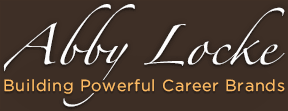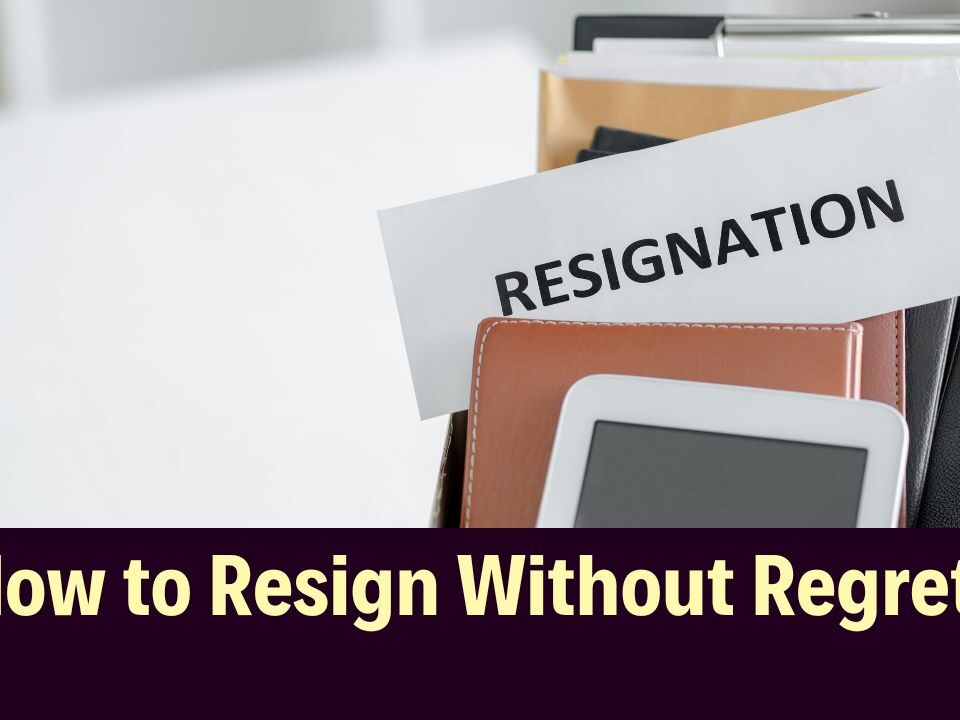
 At some point in your professional or leadership career, you may have taken a career assessment to determine if you are on the right path.
At some point in your professional or leadership career, you may have taken a career assessment to determine if you are on the right path.
If you are considering probably changing jobs or careers, but not sure where to begin, a career assessment may give you insight on what career options to explore.
With literally hundreds of career assessment and tests out there, how do you know which one is the right one for you?
More importantly, do they really help you make a solid career decision?
- Is a career test the same as an aptitude test?
- What about a career personality test?
So let’s take a closer look at the differences and identify key criteria for selecting the best career assessment for you.
A) Do you need a career test or personality test?
Is the assessment specifically designed to provide career guidance?
Personality tests like Myers Briggs Type Indicator (MBTI) will generally only tell you about your character traits, but a career assessment takes it a step further.
Knowing whether you draw energy from people, activities and things (extrovert) or you can recharged by inward reflection (introvert) is definitely helpful.
However, making the leap from simple awareness of your personality type to specific career strategies is possible, but the process can take longer.
So if you are actively exploring a new job or career, it is probably better to go with a career assessment/test.
B) Does it give specific versus general information?
Does the career assessment give concrete, actionable recommendations you can use immediately rather than vague observations that are open to interpretation?
Aside from the change itself, the hardest part of changing careers is narrowing down your choices.
But if you cannot get specific and granular about the career target, it is unlikely that you will take any action. A good career assessment should not be general or generic.
C) Does the career assessment measure motivation?
Motivation is a far better career indicator than skill or personality because what you like to do is what you WILL do and what you will get very good at (if you aren’t already).
Why force a square peg into a round hole?
When you base your decisions on what motivates you, you’ll probably feel much more fulfilled and in the long run much more successful too.
D) Does the career assessment give you “beef”?
Even if you are completely unsure about what you want to do or open to many career options, you still want an assessment that gives you substantial results!
A good career assessment should include hard data with sufficient detail and explanation to help you interpret the results.
E) Do you believe the career assessment results?
Is the career assessment scientifically valid?
An effective career assessment should have a high predictive reliability. Such things can be measured statistically. Anything over 95% is quite good.
Obviously, you want to feel that the assessment provides an accurate picture of what motivates you and you don’t want to be misled by grossly inaccurate results.
But another point is that when the results are believable, this really boosts your self-confidence.
Imagine how relieved and encouraged you would feel to know that you have chosen the correct career path.
Remember that ultimately it’s up to you to decide whether a set of results makes sense or not. However, it is more essential that you start off with a highly reliable assessment.
F) Can you get from A to Z?
Are additional tools (materials, resources, books, career coach) available to help you take your results and develop a clear career roadmap for yourself?
Honestly, a lot of people take career tests and get brilliant insights, but are never able to turn their insights into results.
I want to emphasize that career assessments are not magic tools. They will not give you all the answers at once, but they are good steps in your career change journey.
It’s worth spending some time to understand what types of career assessments are available and determine which ones are best for you.
Last, but not least. Remember that even the best career assessment is only a tool. Taking charge of your career and its growth is up to you.




